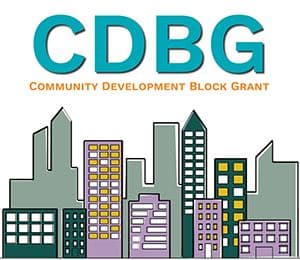Helena Elects Emily Dean Mayor After Narrow Comeback Victory
Emily Dean won Helena's mayoral race after overcoming a September primary deficit to outpace opponent Andy Shirtliff by roughly 203 votes in the November 4 count. The close result, detailed in a Montana Free Press feature published November 10, matters to residents because it signals a shift in local leadership and highlights the power of community level engagement in shaping municipal priorities.

Emily Dean secured the mayoralty of Helena in a tight contest that flipped expectations after the September primary. According to a Montana Free Press feature published November 10, Dean closed a primary deficit to finish about 203 votes ahead of Andy Shirtliff in the November 4 count, a margin that puts immediate emphasis on transition planning and community priorities for the coming municipal term.
The campaign turnaround was attributed to a concentrated ground operation and direct voter contact. Dean credited door to door outreach, town halls, debates and focused community engagement for narrowing and reversing the early gap. Those tactics underscored a broader lesson for local politics, showing how persistent neighborhood level organizing and face to face conversation can determine close elections.
The reporting included reaction from outgoing Mayor Wilmot Collins and outlined Dean's comments about transitioning into the new role and the priorities she plans to bring to city hall. The outcome will shape how Helena addresses ongoing municipal plans and community events that the new administration will inherit. With a small margin of victory, the mayor and the city commission will face pressure to build consensus and demonstrate responsiveness to a city electorate that remains closely divided.
The mayoral race unfolded against the backdrop of related city commission contests and recent local developments that have kept municipal policy under public scrutiny. City commissions will now work alongside the incoming mayor to address issues already on the calendar and to engage with citizen groups and stakeholders on budgeting, land use and public services. The narrow result means that collaborative governance will be essential if the administration is to translate campaign engagement into durable policy outcomes.
For residents of Lewis and Clark County the immediate impacts are practical and tangible. The transition period will determine the staffing and agenda setting at the mayor's office, affect timelines for municipal projects and influence outreach on upcoming community events. Voter attention to small margins also signals that turnout and local participation will matter in shaping the next four years of city governance.
Beyond municipal mechanics, the election illustrates the civic value of sustained community dialogue and the way local campaigns can hinge on intensive neighborhood level work. As Dean moves into her new role, Helena's citizens and neighborhood organizations will play a central role in testing how campaign promises and participatory strategies translate into governing priorities and everyday municipal decisions. The city now prepares for a transition that will set the tone for collaboration across elected officials, city staff and the public.


